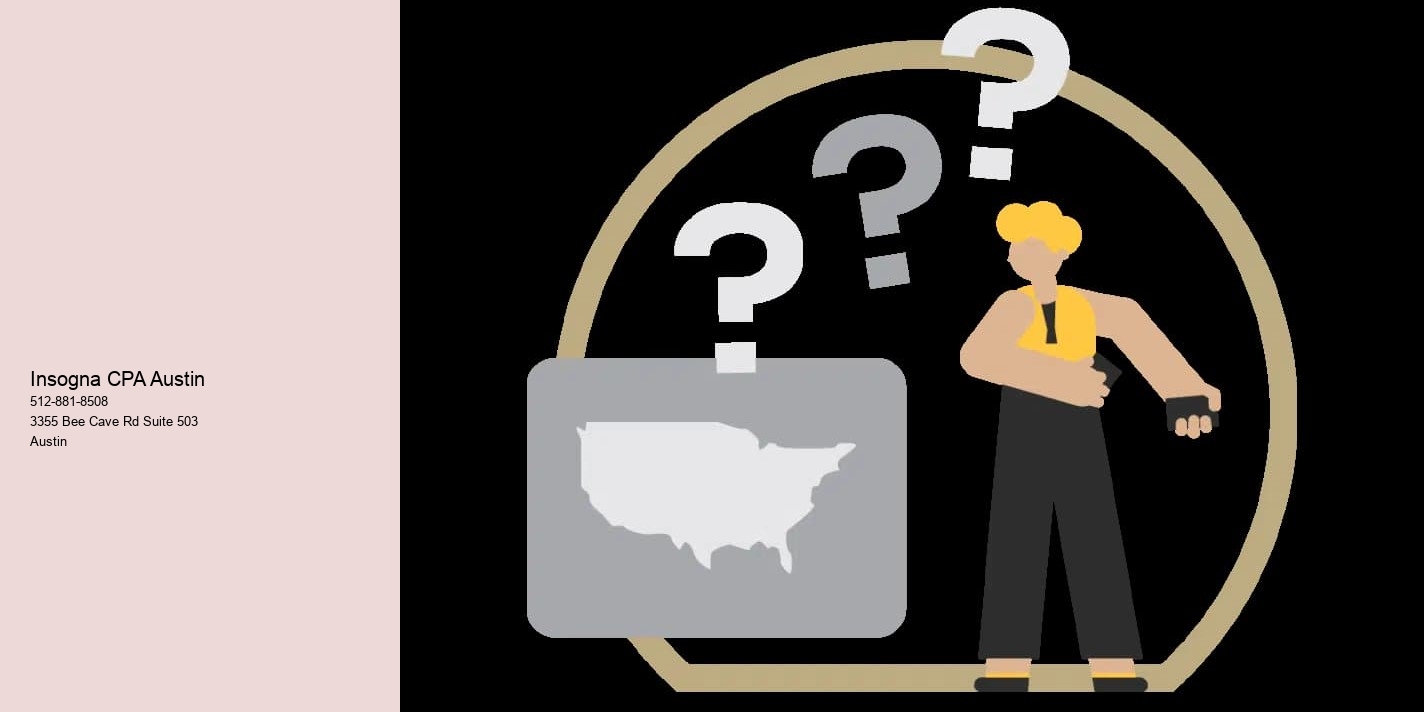
The Best Tax Preparers in Austin, Texas
Strategic Planning
Before you hire a tax accountant, you need to make sure that they have the necessary qualifications. Payroll Setup and Management: For entrepreneurs who employ staff, CPAs can set up and manage payroll systems, ensuring compliance with employment taxes and regulations. These qualifications ensure that your tax accountant has the knowledge and experience needed to handle your business's tax needs. Their expertise extends far beyond basic accounting, encompassing comprehensive financial guidance to support and enhance business operations.
If the accountant is difficult to get in touch with or takes a long time to respond to your inquiries, this may be a sign that they are not committed to providing quality service. Make sure to discuss fees upfront and ask for an estimate of the total cost. CPAs guide business owners on managing existing debt and advise on new financing options.
If you are seeking to improve your business's financial operations or encounter issues such as inadequate accounting software or difficulties transitioning to accrual accounting, seeking the assistance of a Certified Public Accountant (CPA) may be beneficial. Austin CPA at Insogna CPA . They also provide analysis of these reports, helping entrepreneurs understand their business’s financial health and performance. They provide insights into financial forecasting, market analysis, and strategic goal setting, helping businesses chart a course for growth and success.
Access to Financing: For businesses looking to expand or needing extra funds, CPAs can assist in preparing financial statements and documentation required for bank loans or investor presentations. They ensure that these decisions are made with a clear understanding of their tax impacts. Cost Reduction Strategies: CPAs can review business expenditures and identify areas where costs can be reduced without impacting business operations.




